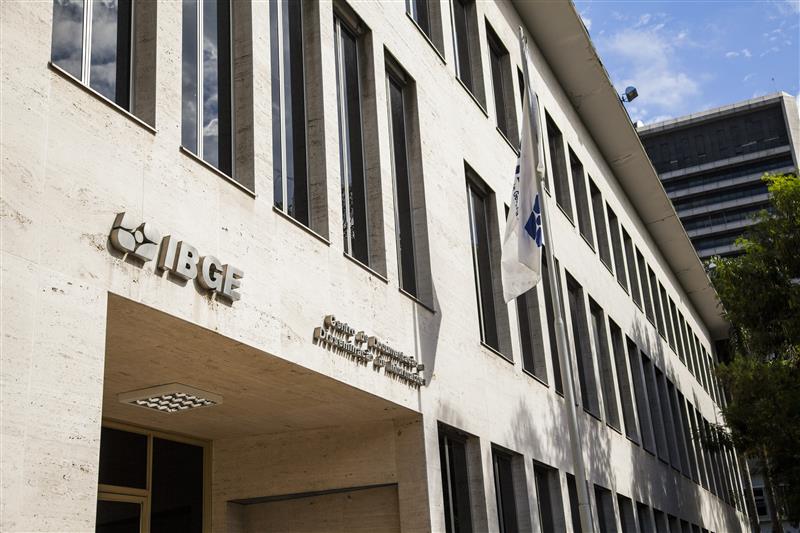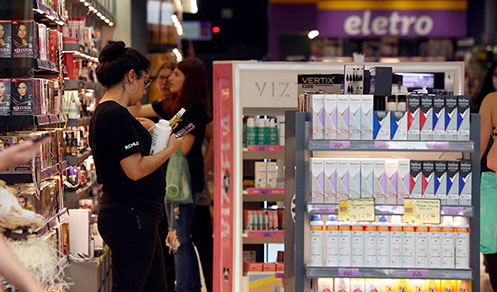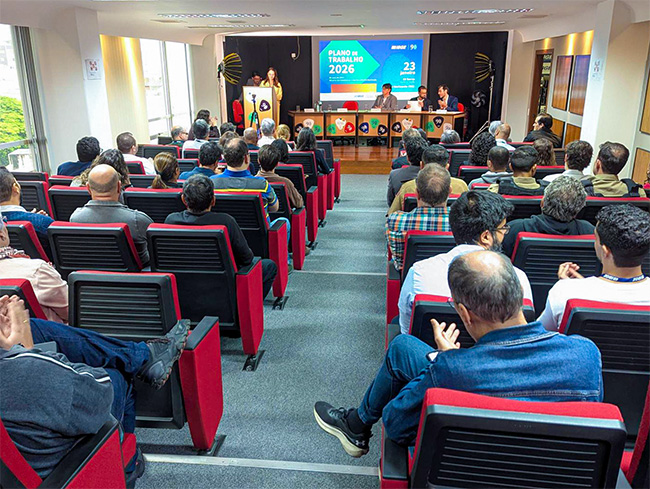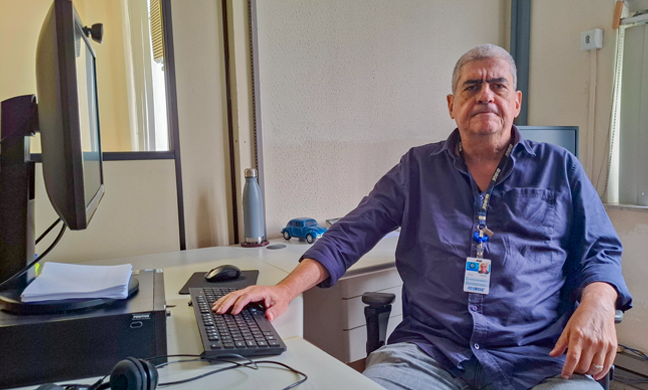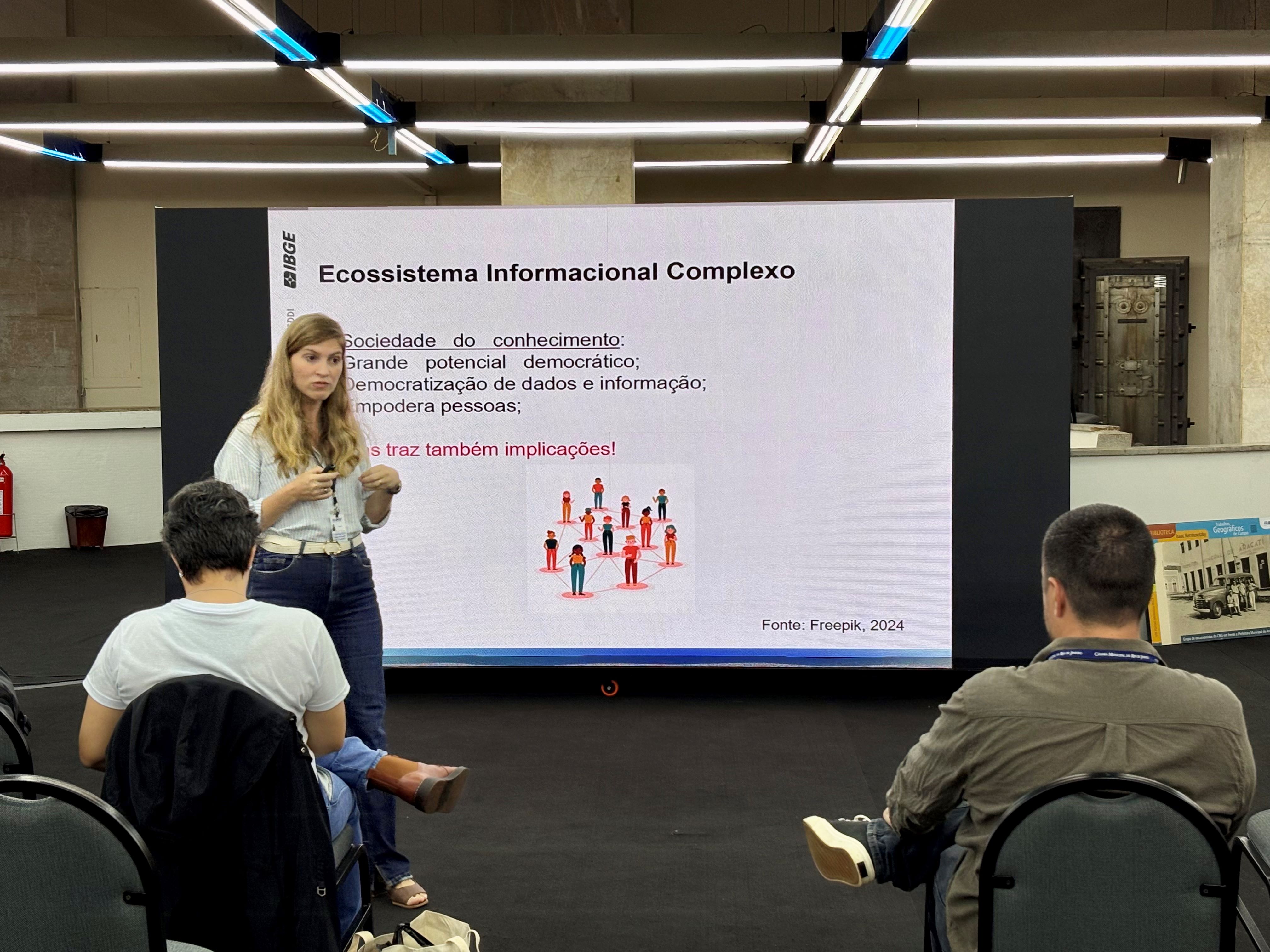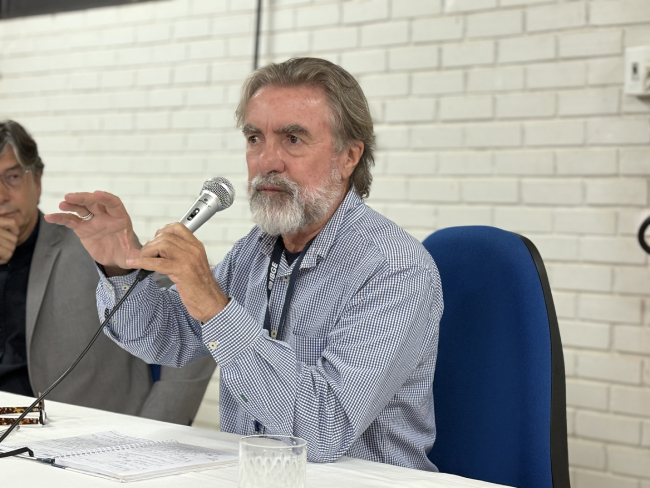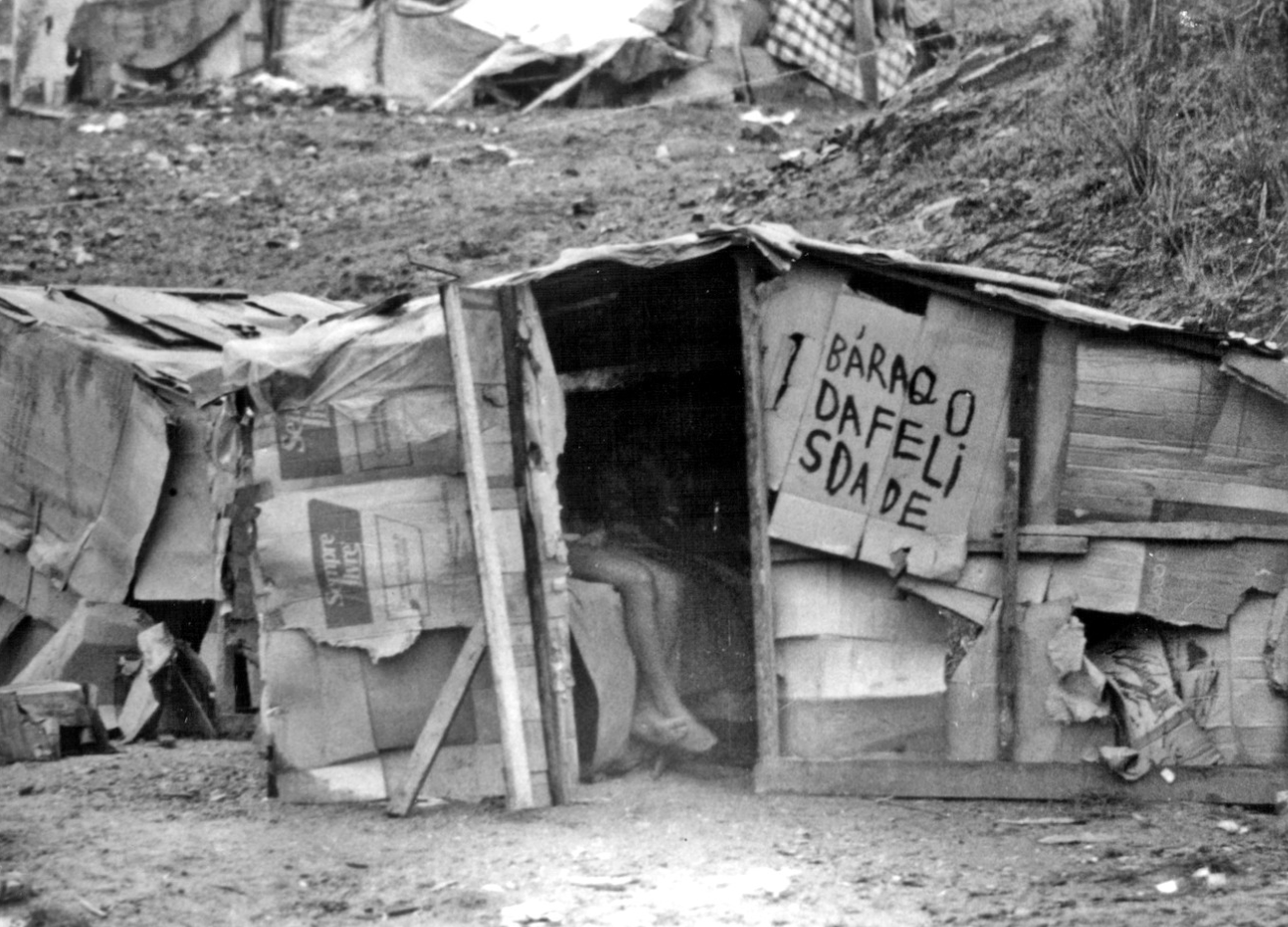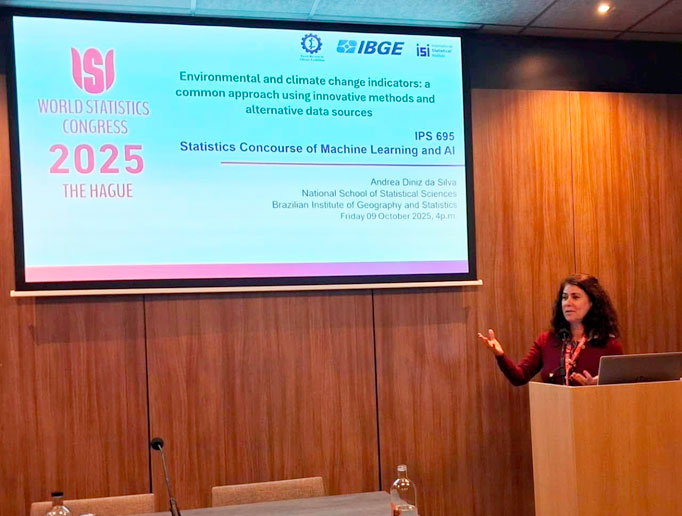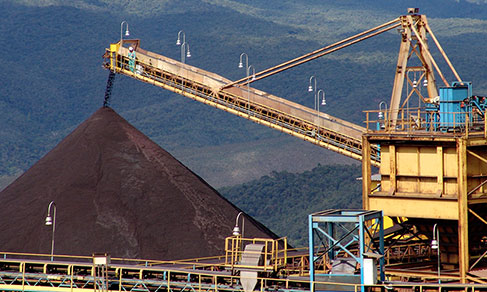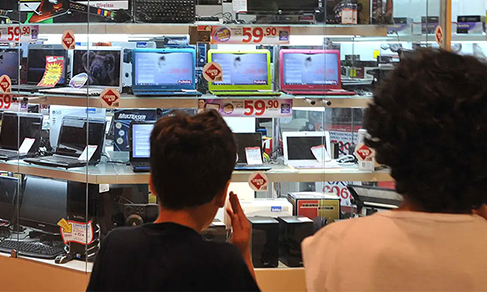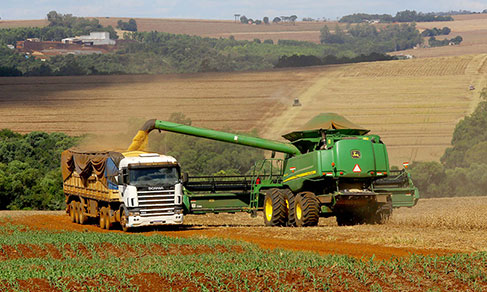IPCA
Inflation hits -0.11% in August, with drops in housing, food products and transportation
September 10, 2025 09h00 AM | Last Updated: September 11, 2025 01h06 AM
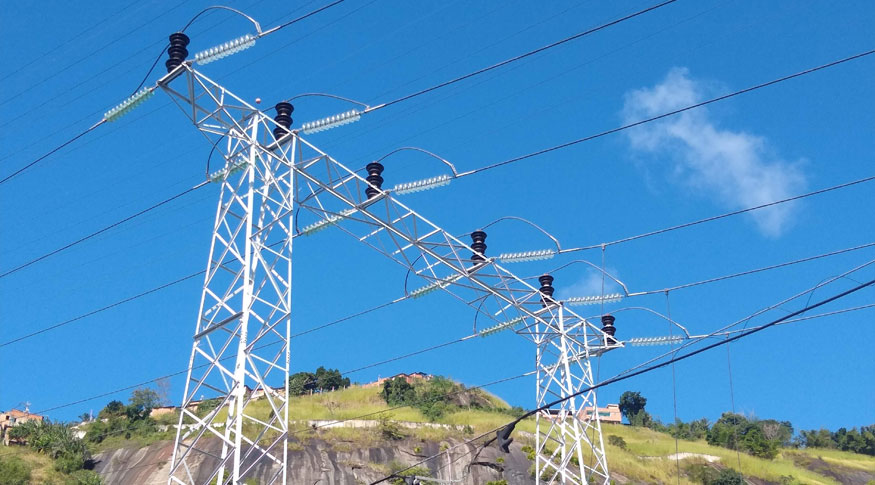
The Extended National Consumer price Index (IPCA) recorded a deflation of 0.11% in August, being 0.37 percentage points (p.p.) below the rate of July (0.26%). This is the first negative result since August 2024 (-0.02%) and the highest since September 2022 (-0.29%). In the year, IPCA had a cumulative increase of 3.15% and, in the last 12 months, the index was 5.13%, below 5.23% of the previous 12 months. The results were released today (10) by IBGE.
The main change and negative impact came from Housing (-0.90% and -0.14 p.p.), due to drops in residential electricity (-4.21%), a subitem accounting for the highest impact on the index (-0.17 p.p.). Food and beverages (-0.46% and -0.10 p.p.) and Transportation (-0.27% and -0.06 p.p.) also decreased in August. These groups were the most representative in IPCA, together with Housing.
“Together, these three groups accounted for -0.30 p.p. of impact on the general index. Without them, the IPCA of August would be 0.43%”, Fernando Gonçalves, manager of IPCA, explained.
Besides, Communication and Household articles also had deflation (both with -0.09% of change and 0.00 p.p. of impact) and the other groups recorded positive changes and impacts: Education (0.75% and 0.05 p.p.), health and personal care (0.54% and 0.07 p.p.), Wearing apparel (0.72% and 0.03 p.p.) and personal expenses (0.40% and 0.04 p.p.).
The dissemination index, that is, the percentage of subitems with a positive result, increased from 50% in July to 57% in August. “The group of food products showed a reduction in dissemination from July to August, from 50% to 47%, whereas among non-food products there was an increase from 49% to 65%, with price rise in bigger number of subitems. Nevertheless, the change in the group of non-food products was -0.01%, as a result of the contribution to the drop in residential electricity,” the manager remarks.
Housing went from an increase of 0.91% in July to a drop of 0.90% in August. “That was the lowest result for a month of August since Plano Real,” Gonçalves explains. The group was influenced by electricity (-4.21% and -0.17 p.p.), with decreases due to the incorporation of the Itaipu Bonus, in spite of the red tariff flag level 2 being in effect and adding R$ 7.87 to the bill per 100 Kwh consumed. In July red tariff flag level 1 was in effect.
Electricity also faced a series of tariff rises: 18.62% in São Luís (-5.90%) in effect since August 28; 15.32% in Vitória (7.02%) in effect since August 07; 4.25% in Belém (-2.34%) since August 07 and 13.97% in one of the concessionaires of São Paulo (-3.64%) in effect since July 04.
Food and beverages (-0.46%), with the highest share of the index, had deflation for the third month in a row (-0.18% in June and -0.27 in July). The drop in August was due to food at home, with -0.83%, after a drop of 0.69% in July. Highlights are drops in tomato (-13.39%), potato (-8.59%), onion (-8.69%), rice (-2.61%) and ground coffee (-2.17%). “In general, such food products recorded decreases due to a bigger supply,” said the manager.
Food away from home decelerated from July (0.87%) to August (0.50%). The subitem snacks went from 1.90% in July to 0.83% in August, and meals went from 0.44% in July to 0.35% in August.
Transportation changed from 0.35% in July to -0.27% in August. The result reflects drops in airfare (2.44%) and in fuels (-0.89%). With a decrease of 0.94%, gasoline registered the second main individual impact on the index (-0.05 p.p.). Ethanol (0.82%) and vehicle gas (-1,27%) also fell, whereas diesel rose 0.16%.
According to Gonçalves, “in the case of airfares, decreases were due to holidays in the middle of the year, mainly of gasoline, since August, and the mix of ethanol rose to 30%”.
As for increases, Education changed by 0.75% in August with the incorporation of price adjustments in regular courses (0.80%), mainly due to the subitems higher education (1.26%) and primary education (0.65%). The rise in courses in general (0.91%) was influenced by language courses (1.87%).
As for Wearing apparel (0.72%), men’s wear (0.93%) and footwear and accessories stand out (0.69%).
In Health and personal care (0.54%) increases in personal hygiene (0.80%) and in health insurance (0.50%) are the highlights.
Personal expenses (0.40%) encompassed, besides rises in gambling (3.60%), in effect since July 9, a drop of 4.02% in the subitem cinema, theater and concerts due to the Cinema Week.
As for the special aggregate of services, IPCA decelerated from 0.59% in July to 0.39% in August, and the aggregate of monitored prices, those controled by the government, went from 0.67% to -0.61% in August.
“In services, deceleration comes from the movement in the group food away from home, which went from 0.87% in July to 0.50% in August, and from decreases in the subitems air tickets and cinema, theater and concerts. As for monitored prices, decrease was affected by the negative change in residential electricity and gasoline.”
As for regional indexes, Vitória had the biggest changes (0.23%) due to residential electricity (7.02%) and of the water and sewage rate (4.64%). The smallest change (-0.40%) was reported by Goiânia and Porto Alegre, due to drops in residential electricity (-7.77% and -6.68%) and in gasoline (-2.20% and -2.69%).
INPC tem queda de 0,21% em agosto
The National Consumer Price Index (INPC) recorded a decrease of 0.21% in August. In the year, the cumulaive index in 3.08% and, in the last 12 months, 5.05%, below the 5.13% observed in the previous 12 months. In August 2024, the rate was -0.14%.
Food products changed from -0.38% in July to -0.54% in August. The change of non-food products changed from 0.41% in July to -0.10% in August.
As for regional indexes, the biggest change (0.31%) was that in Vitória due to residential electricity (7.11%) water and sewage fares (4.64%). The smallest change occurred in Rio de Janeiro (-0.53%) as a result of drops in residential electricity (-6.08%) and in ground coffee (-4.93%).
More about the survey
OThe IPCA refers to households with monthly income of 1 to 40 minimum wages, whereas the INPC encompasses households with monthly income of 1 to 5 minimum wages, living in the metropolitan areas of Belém, Fortaleza, Recife, Salvador, Belo Horizonte, Vitória, Rio de Janeiro, São Paulo, Curitiba, Porto Alegre, besides the Federal District and of the municipalities of Goiânia, Campo Grande, Rio Branco, São Luís and Aracaju. Access the data on Sidra. The next IPCA result, relative to September, will be released on October 09.




